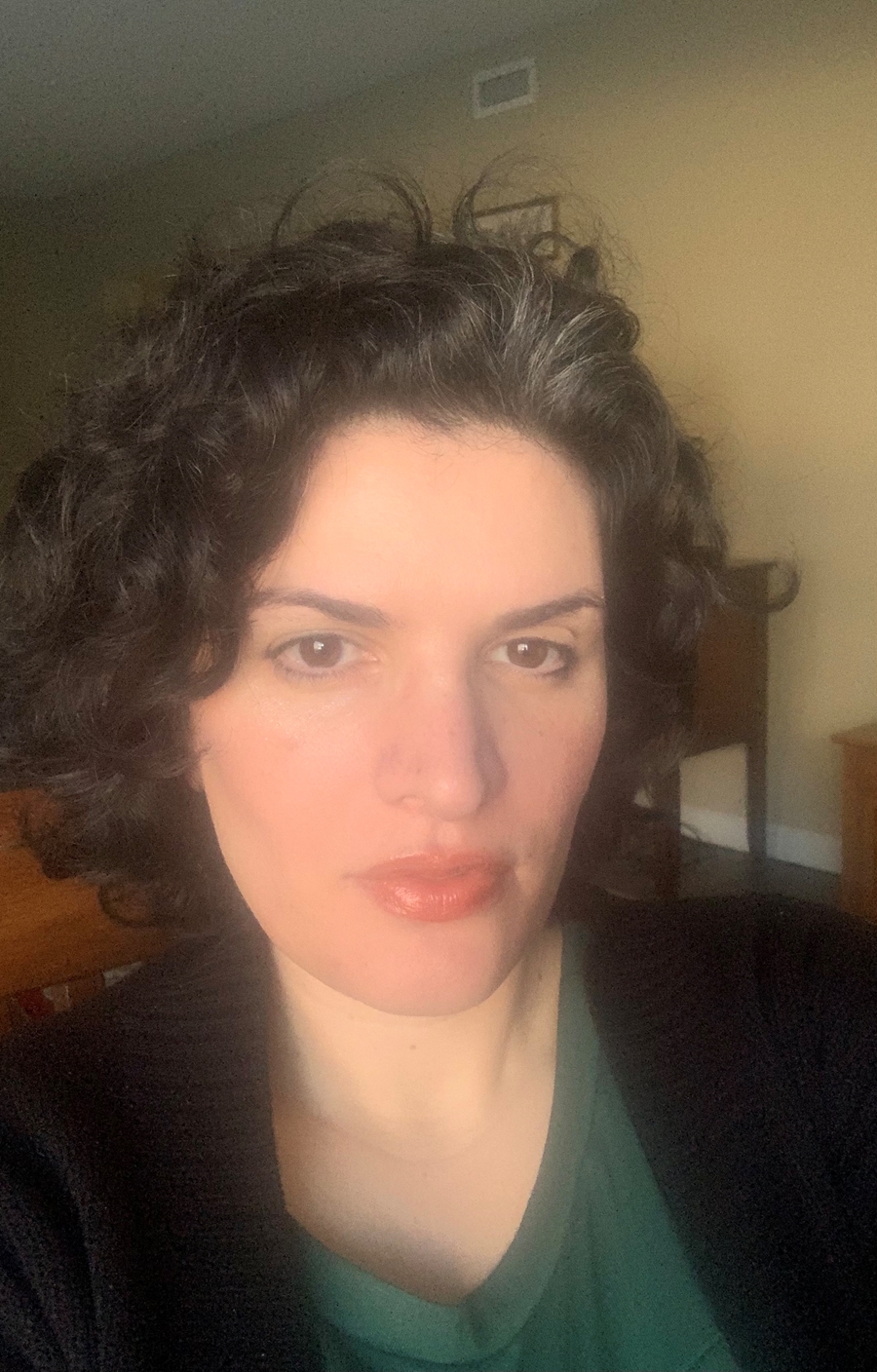Shirin Saeidi, an assistant professor in the Department of Political Science in the J. William Fulbright College of Arts and Sciences, has recently published a book, Women and the Islamic Republic: How Gendered Citizenship Conditions the Iranian State. Her book explores the ways in which the post-revolutionary Iran state transformed after the 1979 uprisings that established an Islamic Republic in Iran.
"I am influenced by scholarship that understands the state as an imagined construct," Saeidi said. "As such, I believe the Iranian state is whatever the Iranian people imagine it to be. In my book, I sought to understand that imagination with a focus on how non-elite women build the state through political and social struggles outside of formal spaces for politics. In many ways, this project began with an image in my mind: non-elite women as artists that build our future with their life enabling forces."
The process of state formation outside of the Western experience is understudied but fascinating for those interested in global politics and international relations beyond the borders of North American and European states. Saeidi asks: How does war impact the relationship between state elites and citizens in non-Western contexts? What can we learn about the art of statecraft through a comparative political lens and with a focus on non-elite people living with a hybrid regime?
"I decided to focus my study on women in particular because I knew first-hand the significant role Iranian women have in making their country more democratic," she said. "The narrative of victimized Muslim women that needed to be saved through international interventions dominated my life as a young adult living near Washington, D.C. This narrative, however, did not resonate with me as an Iranian American with strong political roots in two revolutionary countries. When I traveled to Iran in my youth, I watched the women in my own family navigate worlds that were in many ways set-up against them. Growing-up in Northern Virginia in the 1990s, I was also surrounded by powerful Muslim Americans in the nation's capital who worked hard to uphold democratic ideals in the US despite terrifying experiences with Islamophobia."
Saeidi studies state formation creatively by relying on poetry, mothering tactics, romantic relationships, softness, silence, femininity, Marxist literature, and everyday activism in the context of war and during the post-war years.
"Comparative studies in political science allow us to understand concepts such as citizenship, state formation, democracy, and authoritarianism in more nuanced ways that ultimately not only enrich the discipline of political science, but I would like to think make the pursuit of freedom for all more tangible for us all," she said.
Through extensive fieldwork in Iran spanning nearly ten years, Saeidi argues that citizenship has developed in shifting and unpredictable ways in the post-revolutionary state. This challenges the masculine theorizations of the Iranian state that have dominated previous studies. Her finding regarding the presence of citizenship in Iran also challenges the binary association that has historically been made between democratic and non-democratic states in political science. This she insists is because of Iranian women's powerful presence in challenging the state formation process. She makes the counterintuitive argument that the Iran-Iraq war (1980-88) empowered women in this endeavor because war requires women's participation.
"Similar to experiences in the West, women in the Middle East, including Iranian women, have often been invited to join the public sphere during times of war," Saeidi said. "And similar to women elsewhere in the world, Middle Eastern women also refuse to return home after wars end."
While Saeidi wrote the book to shed light on rights struggles in Iran through deep contextual analysis, she believes the volume will be of interest to policymakers in D.C., as well Iranian political elites. This is due to the comprehensive view she offers on the intersections of religion, gender and political change in the post-revolutionary state.
"Above all, it is my hope that as students, scholars and non-academic audiences read my book they appreciate the politics that takes place in everyday life, and the vital role non-elite women play in national and international politics," she said. "This is certainly a theme that has become increasingly acknowledged in American politics as well."
Topics
Contacts
Shirin Saeidi, assistant professor
Department of Political Science
479-575-2996, saeidi@uark.edu
Andra Parrish Liwag, director of communications
Fulbright College of Arts and Sciences
479-575-4393, liwag@uark.edu
